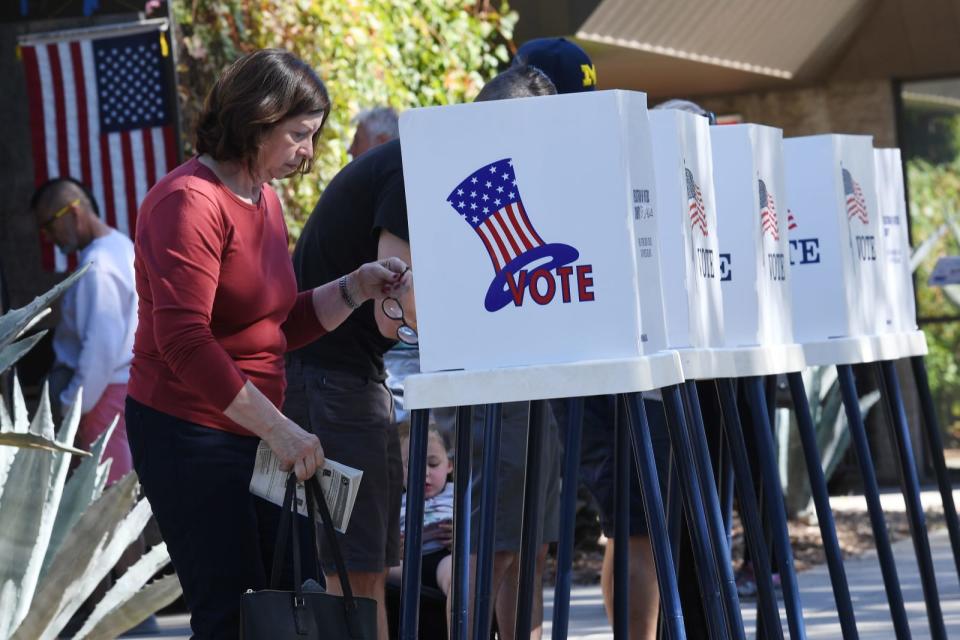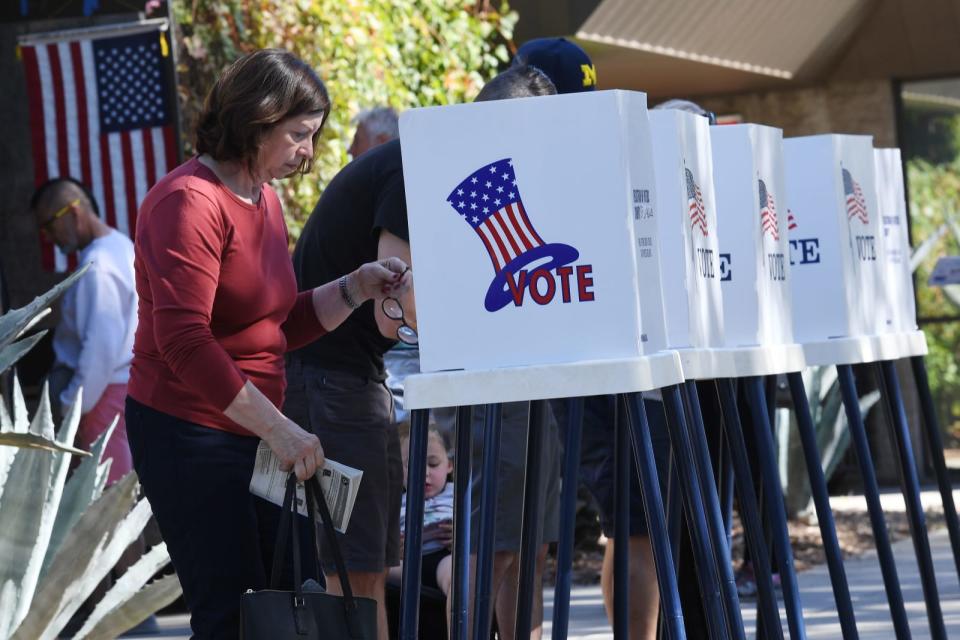Facebook once again tightens requirements for US political advertisers
It's also going to show more information for each advertiser.
Facebook is bracing itself for the 2020 US election by further toughening its requirements for political ads. The social network now requires more information from advertisers before it approves their disclaimers, including a tax-registered organization ID number, a Federal Election Commission ID number and a government website domain (either .gov or .mil). If they're a local politician or business that wants to run ads for social issues, they'll have to provide verifiable address, contact and website info or else accept that they can't use a registered organization's name in disclaimers.
You'll also see more info regarding those advertisers when you choose to dive deeper. Tapping the "i" icon will show whatever information Facebook has verified, including those organization and FEC ID numbers. If an ad looks shady, you'll have a better way to validate (or refute) your suspicions.
Facebook is also reshuffling its approach to issues-based ads. Where before it had 20 subjects, it now sorts ads into 10 categories. There will still be strict authorization, the company said -- it's just that they'll be grouped together.
Other changes are in the pipeline, including a policy barring ads that "expressly discourage" voting, a requirement that Pages for national candidates and elected officials to go through Page Publishing Authorization, providing more details about Pages (such as who's running it) and an improved Ad Library that helps track presidential candidate spending.
These moves won't please political advertisers who'll find it harder to get in. And while Facebook said it's improving enforcement to avoid inadvertently blocking innocent ads, it's too soon to know if Facebook will avoid snafus this year. However, Facebook clearly feels like it doesn't have much choice. There's massive amounts of pressure on Facebook to avoid a repeat of the foreign meddling that defined ads during the 2016 election, and that means putting up as many barriers as possible for Russia and other hostile governments that would want to manipulate American voters.


